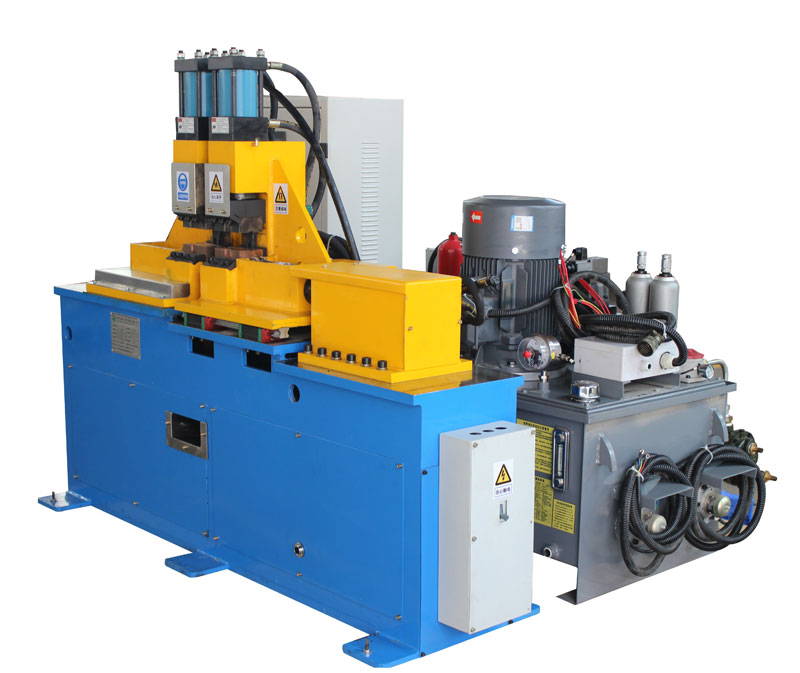Enhancing Flash Butt Welding Machine Production with Technical Insights
Flash butt welding is a widely used process in the manufacturing industry, particularly in the production of welded steel components. To achieve optimal results and increase efficiency in flash butt welding machine production, it is crucial to employ various technical insights and best practices. In this article, we will explore key strategies and methods for improving the performance and productivity of flash butt welding machines.
- Material Selection: The first step in optimizing flash butt welding is selecting the appropriate materials. Ensure that the materials are of high quality, with consistent properties that are conducive to welding. The choice of material significantly impacts the welding process’s success.
- Precise Alignment: Proper alignment of the workpieces is critical for a successful flash butt weld. Misalignment can lead to poor weld quality and increased scrap rates. Utilize precision alignment tools and fixtures to ensure accurate positioning.
- Temperature Control: Controlling the temperature of the workpieces is essential. The right temperature ensures proper forging of the weld and minimizes the risk of defects. Employ temperature monitoring and control systems to maintain the ideal conditions.
- Optimized Pressure and Force: Balancing the pressure and force applied during the welding process is vital. These parameters affect the quality of the weld and the lifespan of the welding electrodes. Regularly calibrate and maintain the pressure and force systems to ensure consistency.
- Electrode Maintenance: Welding electrodes are consumable components, and their condition directly impacts the weld quality. Implement a routine maintenance schedule to monitor electrode wear and replace them as needed. Proper maintenance can extend electrode life and improve weld consistency.
- Advanced Control Systems: Invest in modern control systems that offer precise control over the welding process. These systems allow for fine-tuning and automation, resulting in more consistent and high-quality welds.
- Quality Inspection: Implement a rigorous quality inspection process to detect and rectify any welding defects early. This reduces the need for rework and ensures that only high-quality products leave the production line.
- Operator Training: Properly trained operators are crucial for the success of flash butt welding. Provide comprehensive training programs to ensure that your welding machine operators have the necessary skills and knowledge to operate the equipment effectively.
- Continuous Improvement: Establish a culture of continuous improvement within your production process. Encourage feedback from operators and engineers and use this information to refine your welding procedures continually.
- Environmental Considerations: Be mindful of the environmental impact of your welding processes. Implement eco-friendly practices and technologies to reduce energy consumption and emissions.
In conclusion, improving flash butt welding machine production requires a combination of technical insights, quality control measures, and a commitment to ongoing improvement. By following these strategies and best practices, manufacturers can enhance the efficiency and quality of their welding operations, ultimately leading to better products and increased customer satisfaction.
